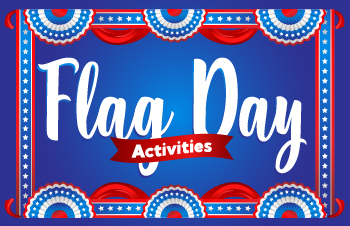How to Use Your Child’s Learning Styles At Home
Homeschooling can be a rewarding experience for both parents and children. By understanding your child’s unique learning preferences, you can tailor your teaching methods to better suit their needs. This makes learning not only more enjoyable but also more effective for your child. In this comprehensive guide, we’ll explore how to leverage different learning styles […]
Flag Day History and Celebration Activities
June 14 is Flag Day in the United States. It is a day set aside to celebrate the adoption of our country’s most recognizable symbol. Many nations have a dedicated day to honor their flag, and in the U.S. we chose this date because our flag was first adopted on June 14, 1777. Quick History […]
Let’s Get Started! Steps to Plan Your New Homeschool Year
Whether you’re starting homeschooling in the middle of the year, during the summer, or are an experienced homeschool-veteran, the first day of homeschool should be an exciting time! With that, there can also be some anxieties about the beginning of a new year. To make the transition seamless, we’ve come up with some back to […]
Summer Learning Ideas to Keep Young Minds Active
As the summer months approach, many caregivers – whether their child attends traditional school or is homeschooled – worry about gaps in learning. This topic is never more present in conversation than in the context of summer learning loss or the summer slide. Simply put, learning loss can occur during the summer months when students […]
Career Exploration: Bring Your Child to Work Day
Each year on the fourth Thursday in April, National Take Our Daughters and Sons to Work Day is celebrated by corporations and businesses across the United States. Some parents may remember the event billed as Take Your Child to Work Day or Take Our Daughters to Work Day. And while its name has evolved – […]
Celebrate Earth Day All Year Long
Each April we celebrate Earth Day. It’s that perfect time of year to begin making more eco-friendly decisions and to let your children’s passion for the planet flourish. This love for Mother Nature also has other benefits. Research shows that playing and learning outdoors in the natural world benefits children’s physical health and social-emotional development. […]













